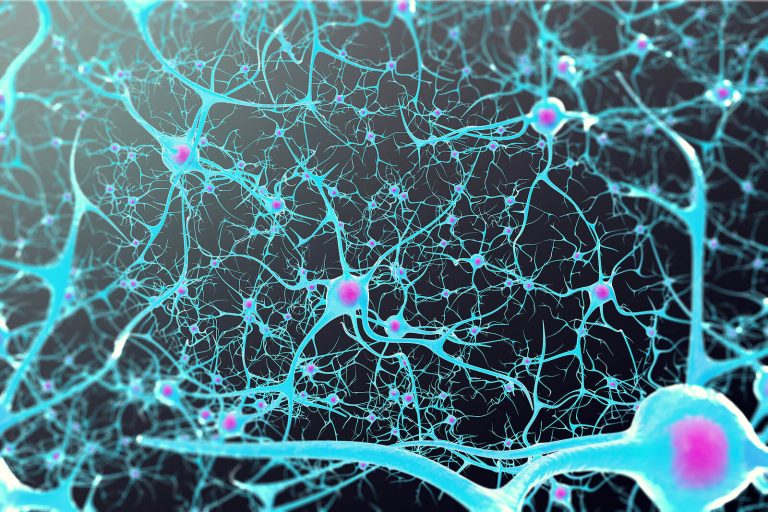What is Narcissistic Personality Disorder

A narcissistic personality disorder is one of several types of personality disorders. Narcissistic individuals have a deep and inflated sense of self-importance, need for attention, have many troubled relationships, and no empathy for others. Most of those who are narcissistic have low self-esteem underneath their desire for self-importance.
Having a narcissistic personality can make it hard to develop relationships in all areas of their lives, such as work, friendships, relationships, and even their finances. In addition, when people who have narcissistic personality disorder feel they are not given special treatment or favors, they can become miserable. Typically, when they aren’t getting their way, they don’t find their relationships fulfilling and can be undesirable to be around.
Symptoms
Individuals with Narcissistic Personality Disorder may show signs and symptoms of the following:
- Have a sense of self-importance
- Feel entitlement and requires constant and excessive admiration
- Will expect to be recognized as superior even without achievements that warrant it
- Be preoccupied with fantasies about success, power, brilliance, beauty, or the perfect mate.
- Believe they are superior and can only associate with equally special people.
- Monopolize conversations and belittle or look down on people they perceive as inferior
- Expect special favors and unquestioning compliance with their expectations
- Take advantage of others to get what they want
- Have an inability or unwillingness to recognize the needs and feelings of others
- Will behave arrogantly or come across as arrogant, boastful, or pretentious
- Insist on having the best of everything — for example having the best car or home
Cause
The cause of the disorder is unknown, and there is still a lot to learn about personality disorders. However, it’s speculated that the environments, genetics, and neurobiology can be factors in why some people become narcissistic. Additionally, parenting styles play a critical role in developing narcissism, such as being overprotective or neglectful.
How to help a narcissist
Many people assume individuals with narcissism can’t and won’t change. However, contrary to this belief anyone and everyone is capable of change if they want it or recognize their own behavior. If you are or are helping a narcissist, seeing a therapist who specializes in narcissistic personality disorder can help address these issues.
At Mountain Vista Psychology we can help you work through your anxiety and teach you how to overcome it. Our therapists are ready to talk. For a FREE consult email us at info@mountainvistapsychology.com or call us at 720-583-9339.
Call For a FREE Consultation
We serve the Denver Metro area of Colorado. Click the button below to call and Schedule an Initial Consultation. To Schedule Neurofeedback or Testing please call us at 720-248-8603
Recent Articles
Dispelling Neurofeedback Myths
Neurofeedback has become increasingly popular as a therapeutic tool for clients, but it remains misunderstood by many. Misconceptions about its…
Autism Testing for Adults: Why Diagnosis Still Matters
What is Autism? Autism is a neurological difference that impacts how one scales social interactions, interpersonal relationships, and experiences the…
The Intersectionality of Autism & LGBTQIA Throughout the Lifespan
If you have a child (of any age) who you think may be Autistic, has been diagnosed as Autistic, or…
Autism Diagnosis Support Guide: Interventions, Therapy, and Accommodations for All Ages
Understanding Your Diagnosis An Autism or other mental health diagnosis may be very overwhelming. Understanding a diagnosis can help lessen…





